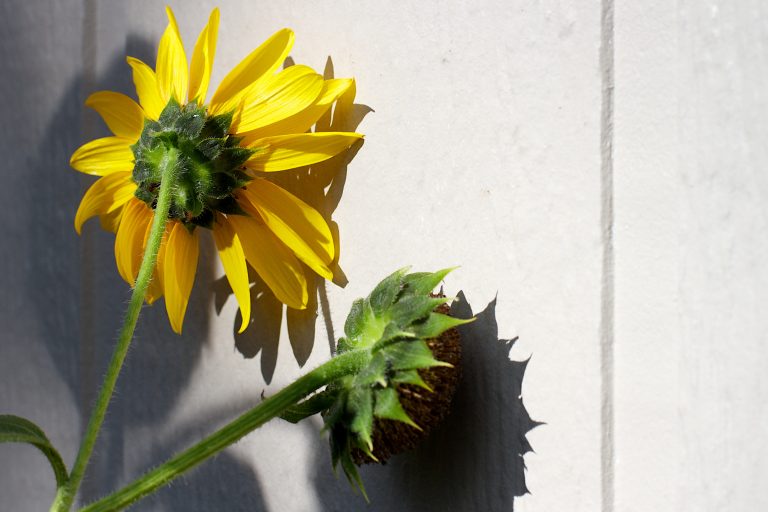Let’s stop shaming and harassing people.
It may sound easy, but it seems it’s a pretty big ask.
As a privileged white man, I don’t really have any lived experience on the receiving end of such treatment. But there are lots of occurrences that hit the media, especially against women and LGBTQ people. It makes me angry that people experience such injustices when they are just trying to live their lives. Politicians, governments, institutions and other members of the public create barriers, get in people’s faces and put them down — or worse.
Here are just a few recent examples:
In May, an Ottawa woman went to work out at a gym, but staff asked her to change her clothes, after complaints from other customers. Apparently her breasts were too large for the tank-top she was wearing; this had upset other users. The gym defended its actions, saying its staff were just enforcing the dress code.
A British woman was sent home without pay by a temporary work agency because she had flat-heeled shoes on and she refused to wear high heels — as required by the corporate dress code. That provision did not apply to male employees.
In Pennsylvania, a lesbian teenager was barred from entry at her high school prom because she was wearing a tuxedo. The school defended its dress code, saying that women are expected to wear formal dresses.
A meteorologist in Los Angeles, who was wearing a dress that left her shoulders bare while delivering a weather forecast, was handed a sweater and told to put it on — while she was on the air — because the station had received complaints about her clothing.
Most of these examples are from outside Canada. But lest we think that we are more enlightened, consider that it was just a year ago that three sisters in Kitchener-Waterloo were stopped by the police when they were cycling top-free on a hot summer night. They were breaking no law, merely exercising a right that was clearly established in law 20 years ago.
There has been a lot of publicity over the last few years about the challenges that women’s groups have had with Facebook and other social media platforms over breastfeeding photos. While Facebook has changed its policy on breastfeeding photos, advocacy groups promoting breast cancer awareness still face censorship. One Argentinian organization had to resort to using a man’s breasts in a public service video to promote breast self-examination by women.
Slurs against women and trans people — whether on social media or face-to-face — are so common that the situation seems to be endemic.
What can we do, individually, to create a safer, more inclusive environment around us? Perhaps we can start with small steps. We need to examine our own biases — whether invisible or explicit. We need to ditch the stereotypes that we’ve been socialized with. If you’re in one of those privileged spaces where you’re not on the receiving end of this behaviour, take active steps to learn more. Check out resources about “slut shaming” on websites like everydayfeminism.com. Read the Breaking the Silence on Hidden Violence Report at the Waterloo Region Crime Prevention Council’s site, preventingcrime.ca.
All of us need to work to be part of the solution rather than the problem. Tell yourself: “I’m not going to shame anyone today.” Let’s all try. Please.

